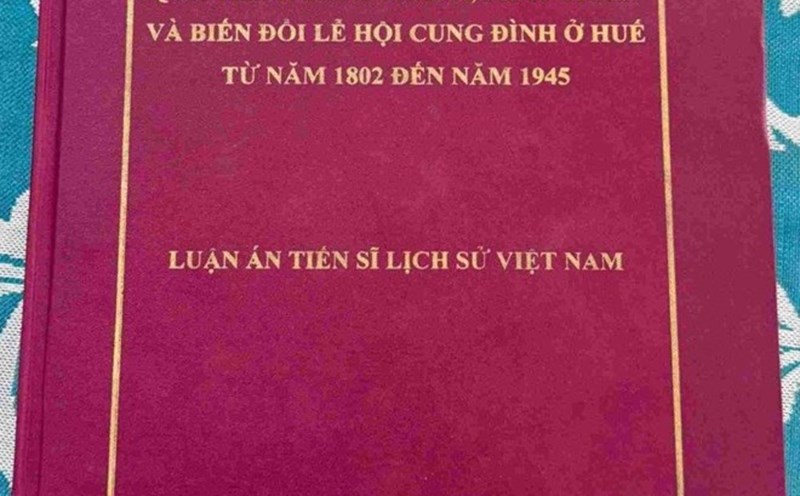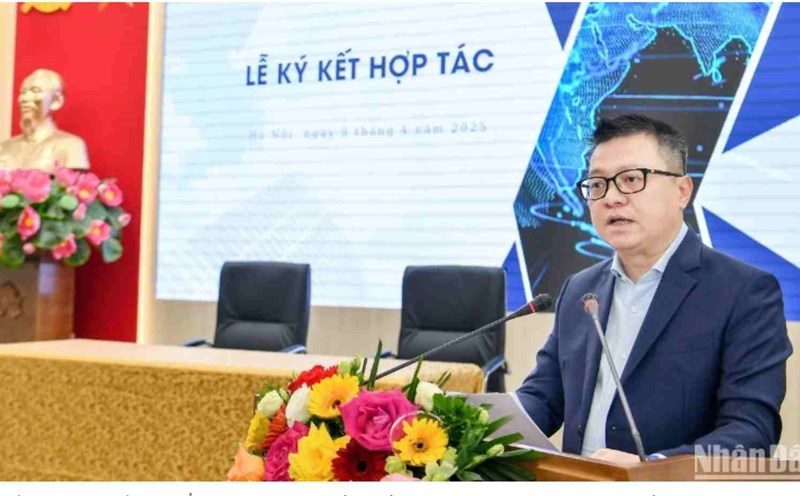On November 22, Hue University officially concluded that the accusation against the doctoral thesis of Ms. Le Thi An Hoa - Head of the Scientific Research Department of the Hue Monuments Conservation Center - was correct.
According to the conclusion of Hue University, Ms. Le Thi An Hoa's doctoral thesis (titled "History of Vietnam: The process of formation, development and transformation of royal festivals in Hue from 1802 to 1945") violated the plagiarism with 12 pages of content using ideas and paragraphs from other works without citing the source.
This is a serious finding, especially for a doctoral thesis, which requires a high level of independence, creativity and scientific standards.
Hue University has requested Ms. Le Thi An Hoa to seriously correct the erroneous content according to the conclusion, and at the same time recommended that the Ministry of Education and Training establish an appraisal council to handle the case according to its authority.
Public opinion is outraged and hopes that doctoral theses that violate academic integrity like that of Ms. Le Thi An Hoa will be revoked by the Ministry of Education and Training and that relevant authorities will take strict action against the authors.
That is the right thing to do. Because Ms. Le Thi An Hoa's violations not only damage her personal reputation but also negatively affect the reputation and reduce trust in the quality of postgraduate training of Hue University in particular and Vietnamese education in general.
However, the more important point worth discussing here is that plagiarism in a doctoral thesis is not only a personal issue but also reflects a major gap in the academic management and supervision system of Hue University, especially in the research guidance and thesis defense stages.
Therefore, the plagiarism of Ms. Le Thi An Hoa is a warning bell, a profound lesson for not only Hue University but all universities across the country to improve academic supervision.
By applying plagiarism checking technology and stricter assessment processes in all stages of postgraduate training.
At the same time, tighten the responsibility of the scientific council in terms of professional capacity and sense of responsibility to avoid serious violations such as plagiarism.
Ultimately, academic integrity is not only a core element in protecting the reputation of education, but also a responsibility to knowledge and the community.
This is not only a responsibility that comes from individual awareness but also a culture that needs to be built throughout the entire education system.
To have a truly transparent and trustworthy academic environment, first of all there must be a “culture of academic integrity”!













